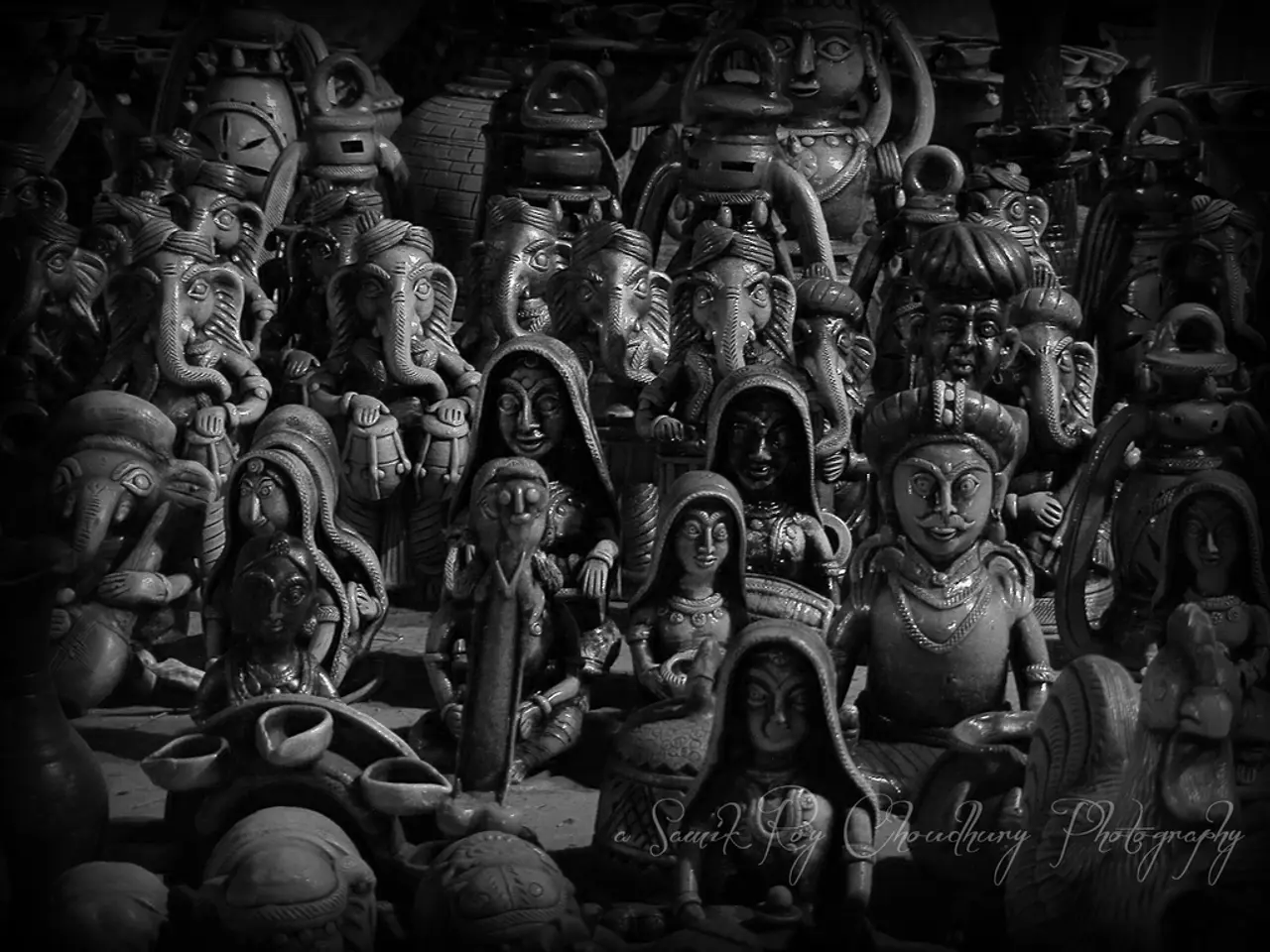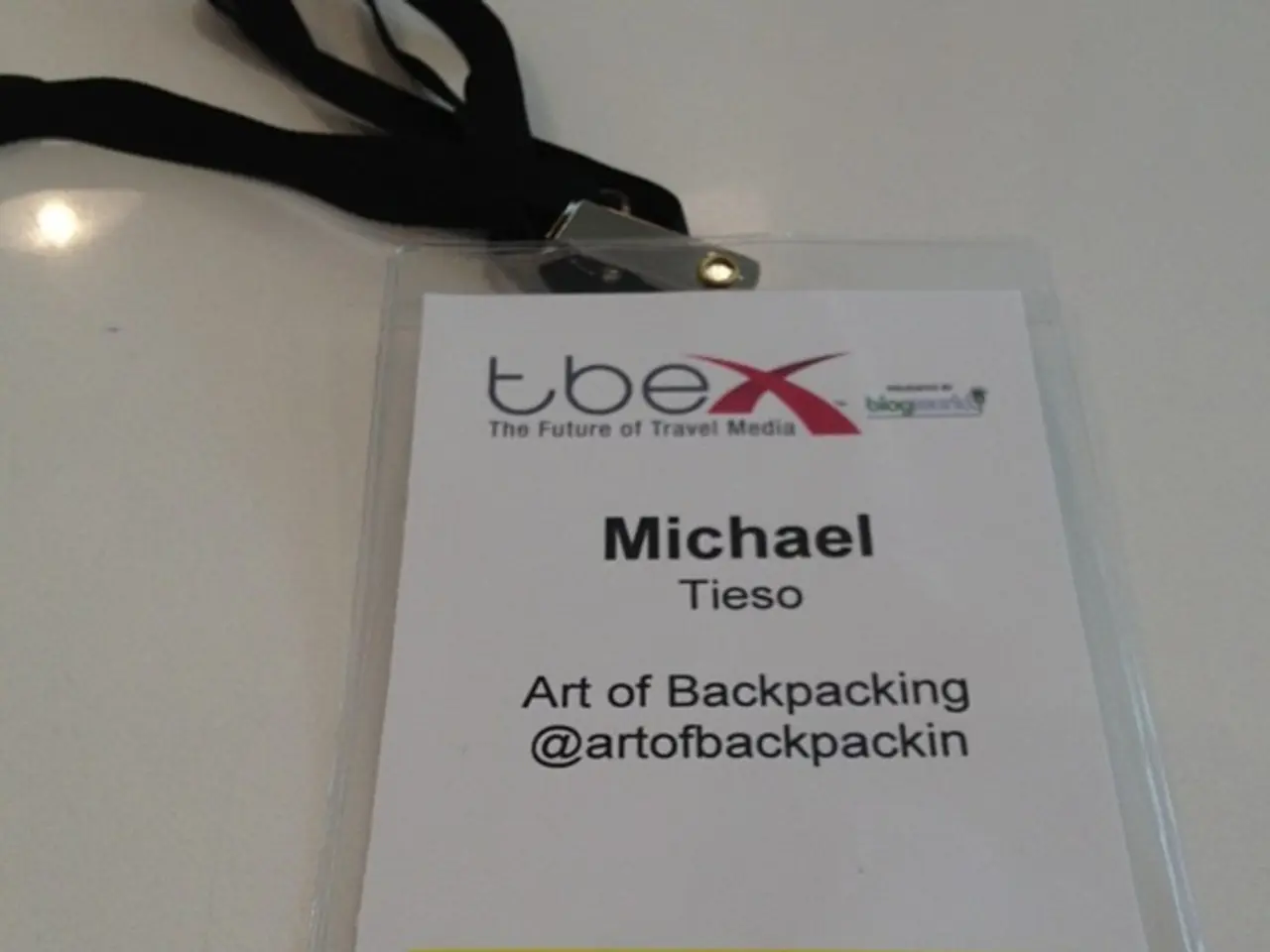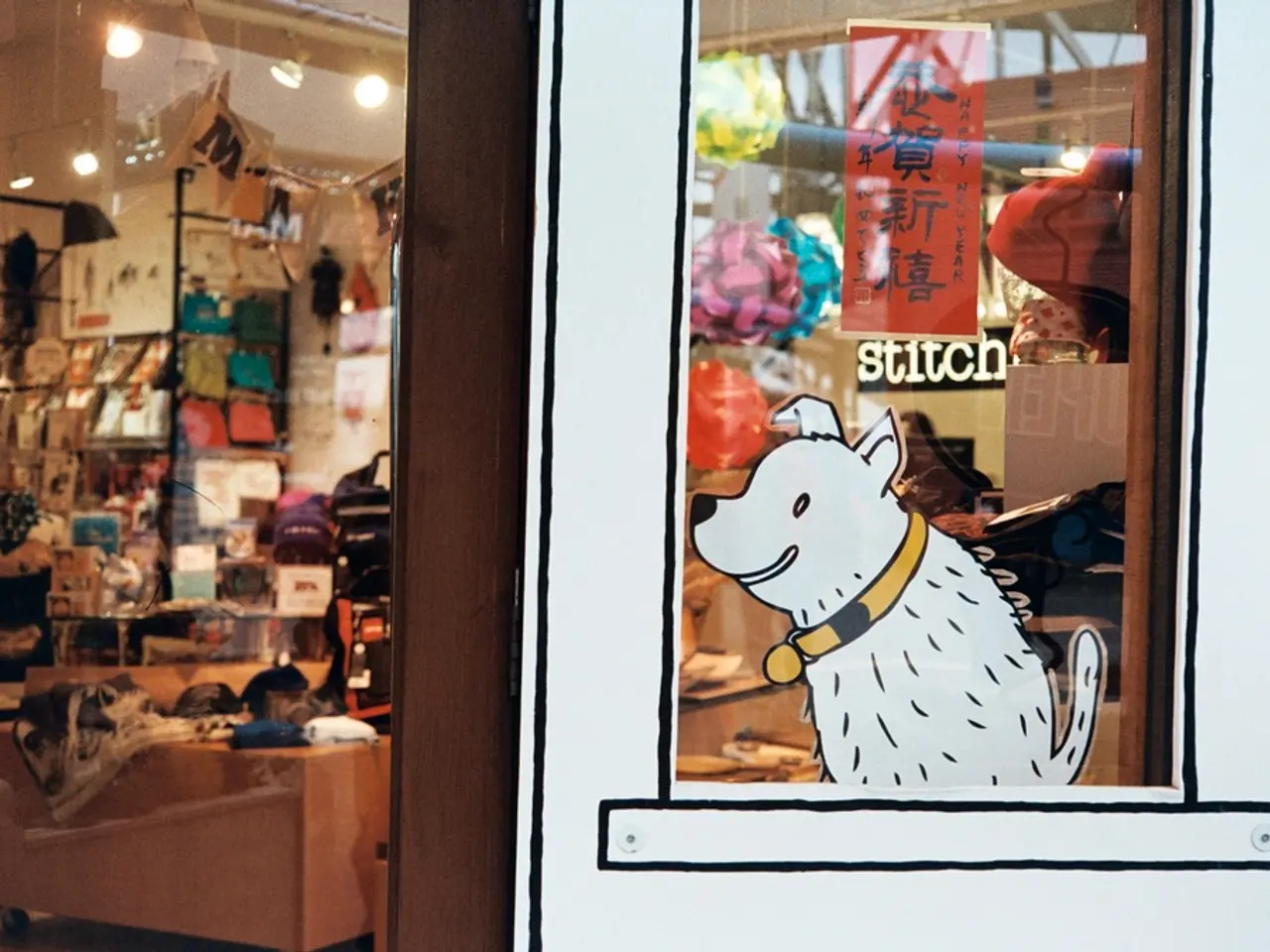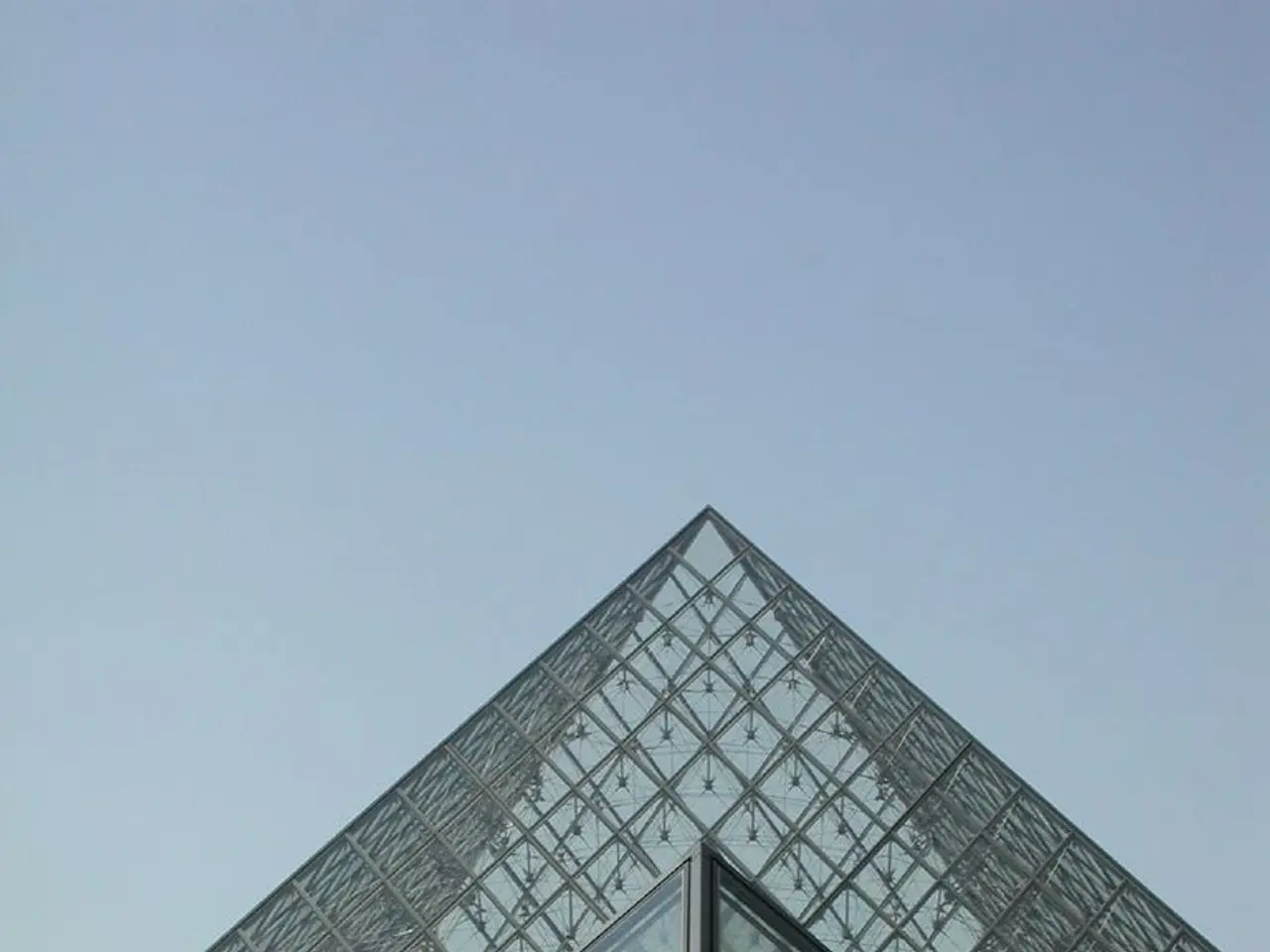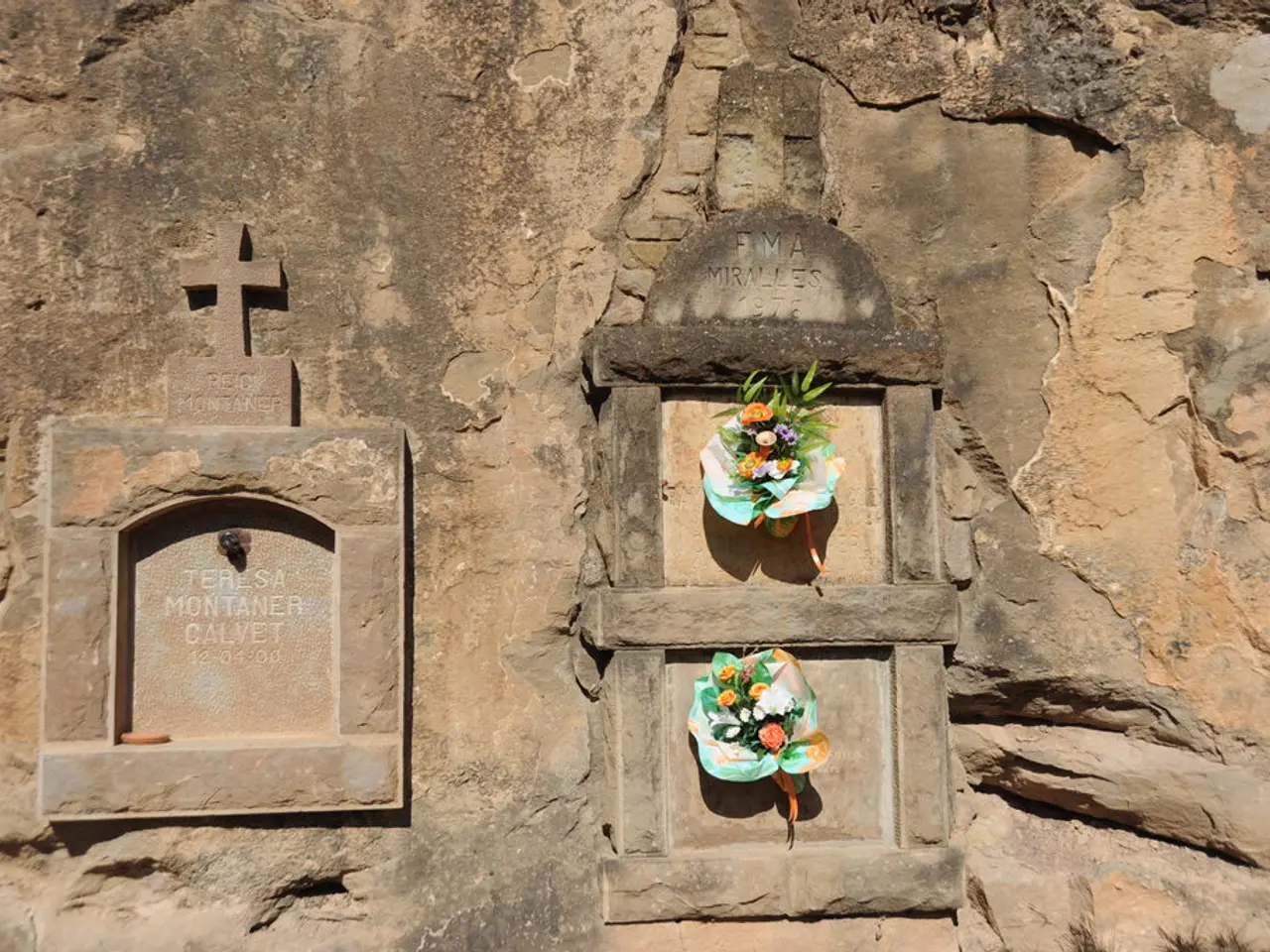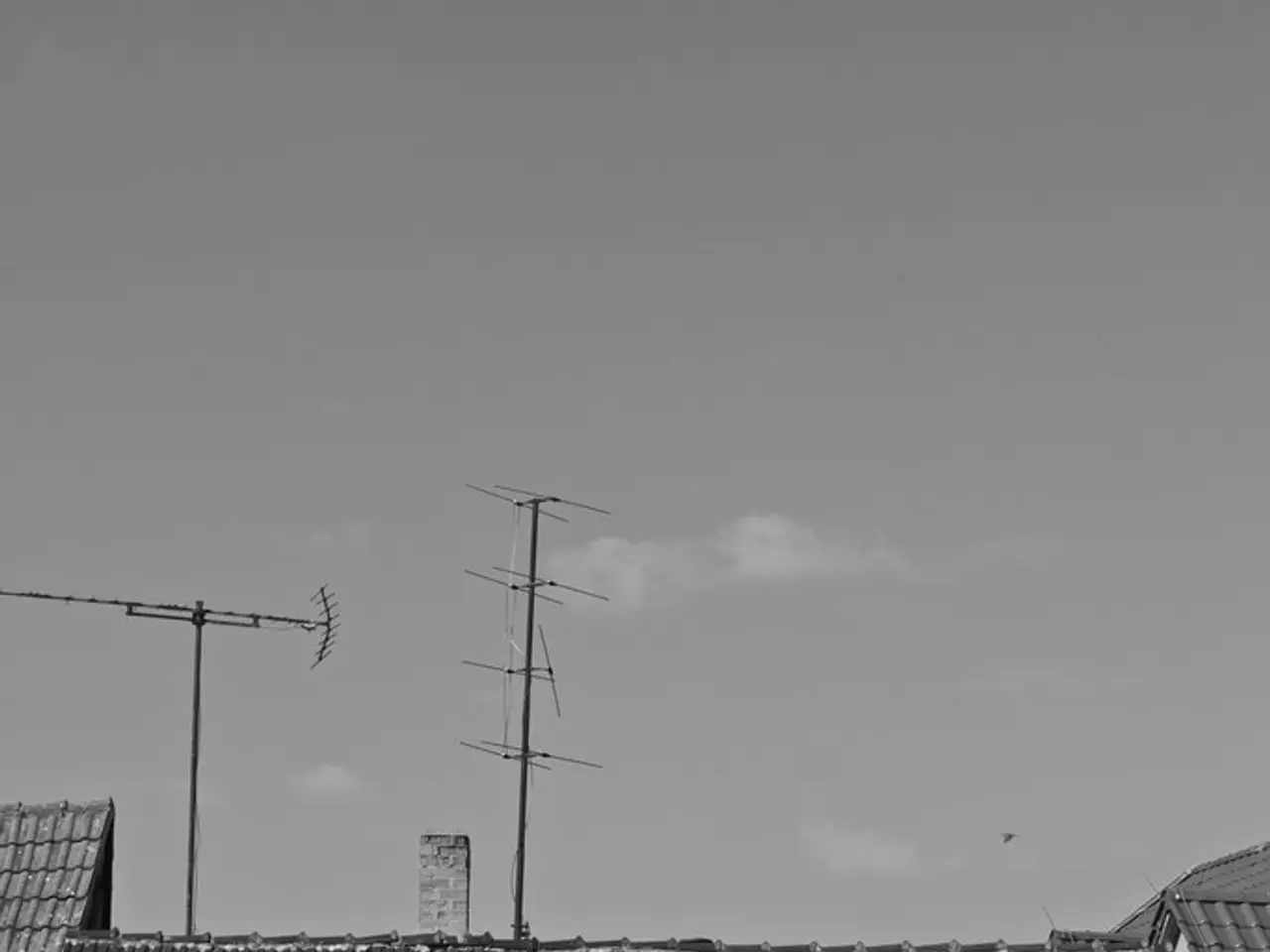Thousands gather to celebrate Dalai Lama's 90th birthday at his residence in exile.
In the heart of the Himalayas, thousands of Tibetan Buddhists gathered in Dharamshala, India, to celebrate the 90th birthday of their spiritual leader, the Dalai Lama. The occasion was not just a celebration of life, but also a significant moment in the ongoing struggle over his succession.
The Dalai Lama, a Nobel Peace laureate known for his message of compassion and his quest for greater freedoms for Tibet under Chinese rule, announced that he will have a successor after his death. This announcement sets the stage for a struggle between Tibetan Buddhist leaders in exile and China's atheist Communist Party.
The Dalai Lama's successor is expected to be chosen based on the Tibetan people and Buddhist traditions, not external political interference. In contrast, Beijing claims authority over the reincarnation process, viewing it as a state matter tied to national sovereignty and political control.
The Chinese Communist Party (CCP) plans to seek the establishment of its own Dalai Lama, as part of its campaign to "sinicize" religion and maintain control over Tibet. The CCP insists that the spiritual leader's reincarnation must comply with Chinese laws and regulations, with the search and identification conducted in China and approved by the central government.
This clash creates the prospect of two rival 15th Dalai Lamas emerging: one recognized by the Tibetan exile community and the other by the Chinese government. Such a scenario is expected to produce a long-term legitimacy crisis not only between Tibetans and Beijing but also internationally, as the world may confront diplomatic dilemmas over whom to recognize as the genuine spiritual leader.
The Dalai Lama has stated that his successor will be born in the "free world" outside China, and urged his followers to reject any candidate selected by Beijing. The gathering in Dharamshala marked the culmination of a days-long celebration that brought supporters and spiritual heads to the town, which has served as the seat of the Tibetan government-in-exile and home of the Dalai Lama since 1959.
Indian government ministers and Hollywood actor Richard Gere were set to attend the celebratory events. Heartfelt messages poured in from world leaders, politicians, lawmakers, and artists on the Dalai Lama's 90th birthday. However, the Dalai Lama has not met a sitting US president since Barack Obama in 2016, after numerous visits to the White House since 1991.
The current dispute over the succession of the Dalai Lama after his death centers on a sharp conflict between the Tibetan Buddhist leaders in exile and the CCP. The Dalai Lama himself, leading the Tibetan Buddhist leaders in exile, assert that the selection of his successor should follow traditional Buddhist processes managed exclusively by the Ganden Phodrang Trust—his immediate office and entourage—and Tibetan religious authorities.
Beijing, on the other hand, has legislated the reincarnation process under government oversight, deploying extensive personnel within Tibet to assert control and even making covert overtures to the Dalai Lama about his return, signaling its heightened concern about the succession.
This spiritual and geopolitical confrontation embodies broader struggles over Tibet's future and China's global image. The succession question remains unresolved and is poised to become a defining issue for Tibetans, the CCP, and the international community in the coming years.
The announcement made by the Dalai Lama about his successor, to be chosen based on Tibetan traditions and not political interference, contrasts with Beijing's claim over the reincarnation process, viewing it as a state matter.
The prospect of two rival 15th Dalai Lamas emerging, one recognized by the Tibetan exile community and the other by China, may create international diplomatic dilemmas and a long-term legitimacy crisis.
